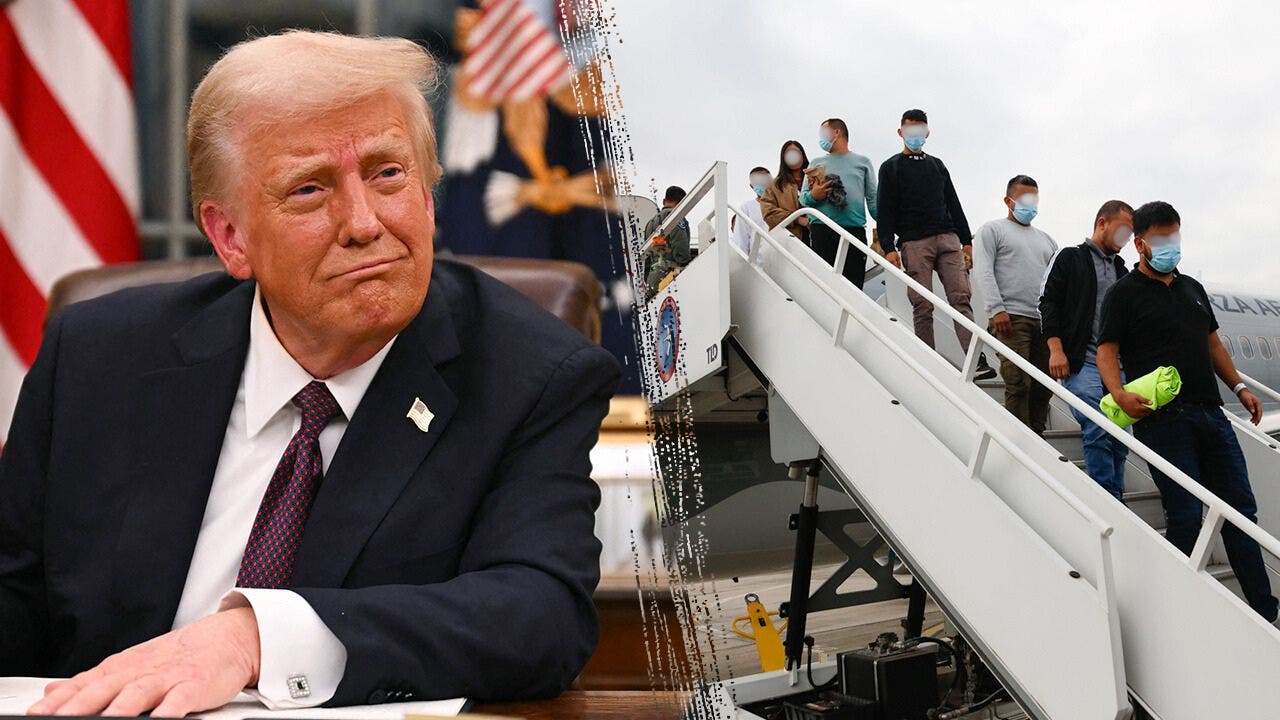Kosovo to Host U.S. Deportations of Third-Country Migrants
Kosovo's government will shelter up to 50 third-country migrants from the U.S. over a year, adhering to specific criteria on law and order.
Overview
- Kosovo's government has agreed to shelter up to 50 third-country migrants from the U.S. over a one-year period.
- The decision is based on specific criteria related to the rule of law and public order.
- The U.S. State Department has expressed gratitude for Kosovo's cooperation in this initiative.
- This agreement reflects ongoing collaboration between Kosovo and the United States.
- The arrangement aims to address migration issues while ensuring compliance with legal standards.
Content generated by AI—learn more or report issue.

Get both sides in 5 minutes with our daily newsletter.
Analysis
Select individuals for shelter based on criteria related to rule of law and public order.
Articles (3)
Center (2)
FAQ
Kosovo will select deportees from a proposed pool provided they meet certain criteria related to the rule of law and public order, ensuring that their presence does not threaten public safety or legal stability. The exact details of these criteria have not been specified in available reports, but they are designed to maintain security and social order.
The migrants will be temporarily relocated to Kosovo, with a stay of up to one year. Officials intend to work on their safe return to their home countries during this period.
The U.S. likely chose Kosovo as a destination due to its willingness to cooperate with the United States on migration issues and in response to established bilateral relations. Kosovo is the latest in a series of countries, including El Salvador, Costa Rica, and Panama, to accept deportees under similar arrangements.
This agreement demonstrates continued collaboration between Kosovo and the United States, strengthening diplomatic ties. It may enhance Kosovo’s international profile as a cooperative partner in addressing global migration challenges.
Yes, countries such as El Salvador, Costa Rica, Panama, and possibly Rwanda have been involved in discussions or agreements to accept third-country deportees from the United States.
History
- This story does not have any previous versions.


